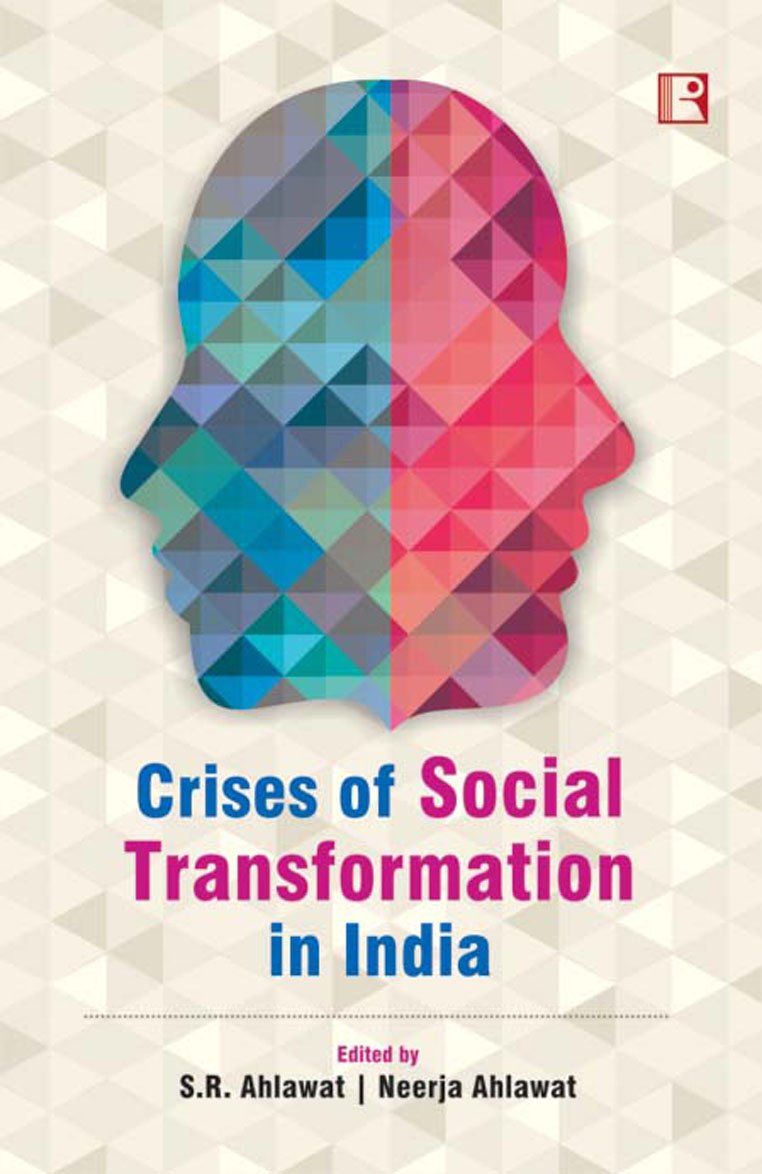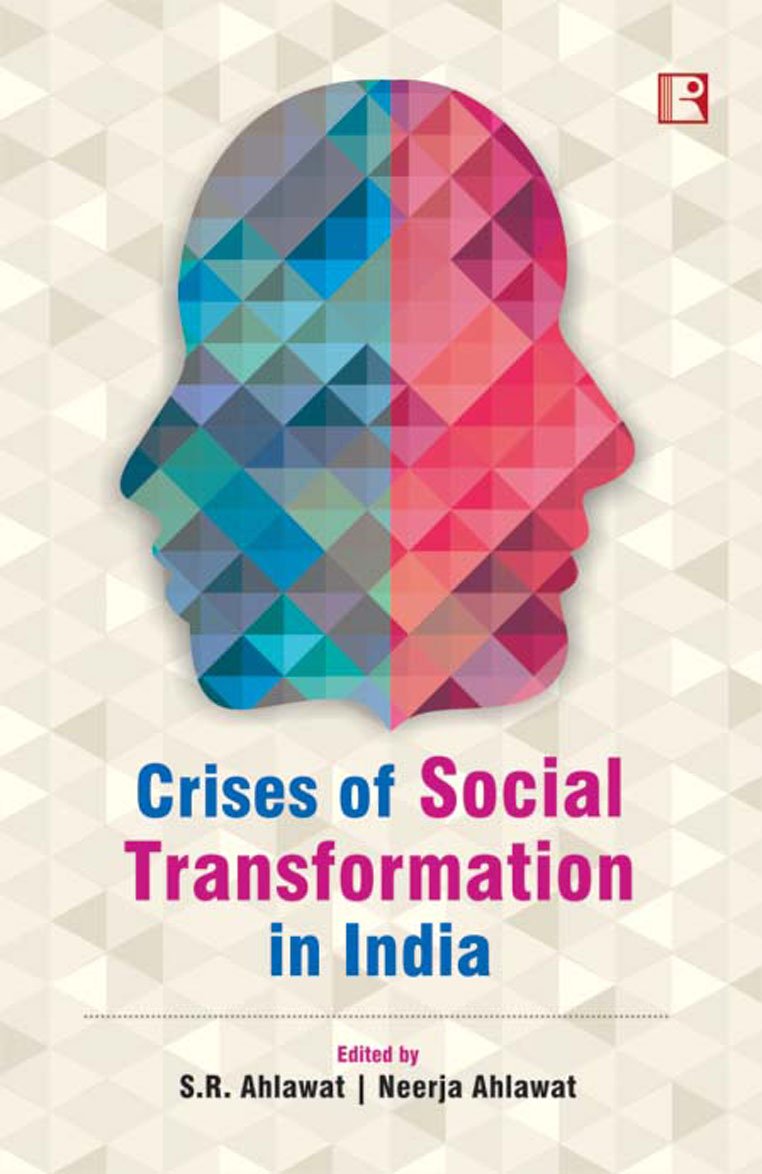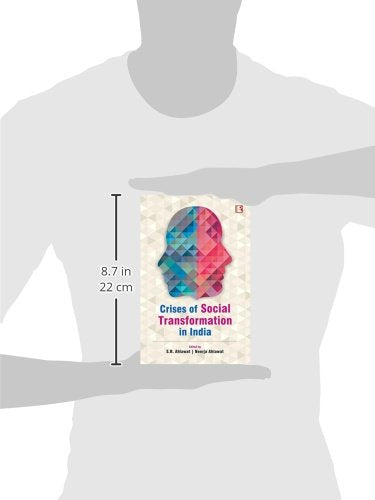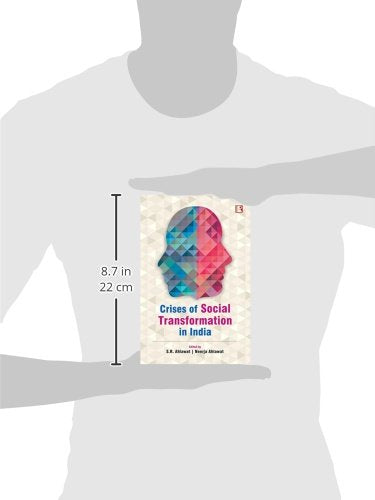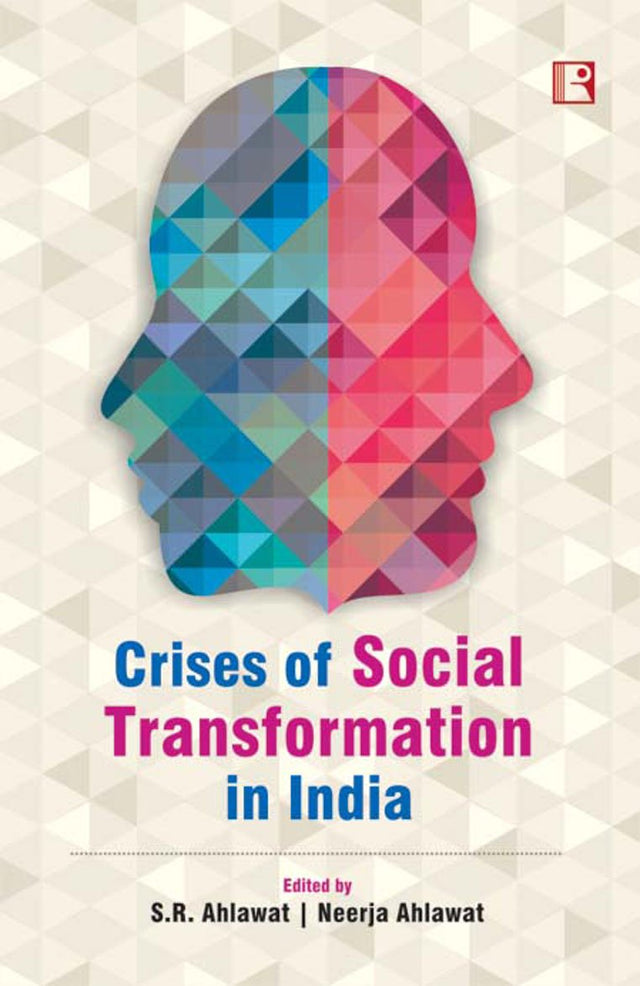Crises of Social Transformation in India
Crises of Social Transformation in India is backordered and will ship as soon as it is back in stock.
Couldn't load pickup availability
Genuine Products Guarantee
Genuine Products Guarantee
We guarantee 100% genuine products, and if proven otherwise, we will compensate you with 10 times the product's cost.
Delivery and Shipping
Delivery and Shipping
Products are generally ready for dispatch within 1 day and typically reach you in 3 to 5 days.
Book Details
-
Author: S. R. Ahlawat, Neerja Ahlawat
-
Binding: Hardcover
-
Publisher: Rawat Publications
-
ISBN: 9788131607107
-
Language: English
-
Release Date: 01-08-2015
-
Pages: 266
About the Book
India's development trajectory has undergone rapid social upheaval, particularly since the post-independence era. The first three decades were marked by a focus on infrastructure building, with the State playing a dominant role in social transformation. However, the 1980s heralded a shift towards globalization and economic reforms, leading to a reduced role for the State, which now shares its development responsibilities with private partners and non-governmental organizations (NGOs).
This book addresses key questions about India's social transformation in the era of globalization, including:
-
In which direction is Indian society evolving?
-
What role does the State play in social transformation?
-
Which forces are driving social change in the country?
-
Who benefits and who loses in the context of globalization?
-
What strains and stresses has this process created in Indian society?
By examining empirical investigations and providing grassroots-level insights, the book offers a thorough understanding of the current state of India's development, with contributions from scholars in various disciplines.
Contents
-
Crises of Social Transformation – S. R. Ahlawat and Neerja Ahlawat
-
Indian Ideas of Nation and the Project of Nation-Building – Paramjit S. Judge
-
Creative Destruction and Survival of Enterprising Democracy – Nupurnima Yadav
-
Inclusion of Excluded Communities – S. R. Ahlawat
-
Right to Education Act 2009 – Satish K. Sharma
-
Social Transformation and Mahatma Gandhi National Rural Employment Guarantee Act (MGNREGA) – K. Gopal Iyer
-
From Caste Associations to Khap Panchayats – Bhupendra Yadav
-
Marriage Norms, Notion of Honour, and Khaps in Haryana – Neerja Ahlawat
-
Social Transformation of Peasantry in the Border Belt of Punjab – Jagrup S. Sekhon
-
Role of Movement in Social Transformation Agitation in Tamil Nadu – Rambabu A.
-
Sub-Regional Assertions and Social Transformation in Kashmir – Aijaz Ashraf Wani
-
Elementary Education Choice in a Transforming Society – Reshmi Chakraborty
-
Changing Health Infrastructure and Social Transformation in Himachal Pradesh – Seema Chauhan
-
Locating ‘Social’ in Corporate Social Responsibility – Ketaki Dwivedi
-
State Intervention in Social Transformation – Km Sohini
-
Social Transformation and the State Intervention for Human Rights – Swati Singh
-
Understanding Gender in Social Transformation – Pradeep Kumar Parida
-
Role of Civil Society in Social Transformation – Ajai Kumar
About the Author
S. R. Ahlawat is a Professor of Sociology and Dean of the Faculty of Social Sciences at Maharshi Dayanand University, Rohtak. He has published extensively on various subjects including political economy of peasantry, agrarian change, democratic decentralization, gender inequality, and social transformation. Ahlawat has presented his work at numerous international forums, including in Brazil, Germany, China, Sweden, and Japan.
Neerja Ahlawat teaches Sociology at Maharshi Dayanand University and is the Honorary Deputy Director of the Women’s Studies Centre. She has coordinated several important projects on gender issues, including a project on adverse sex ratio funded by the IDRC. She has a strong academic background and has published extensively in national and international journals on topics like gender studies, violence against women, and skewed child sex ratio.

